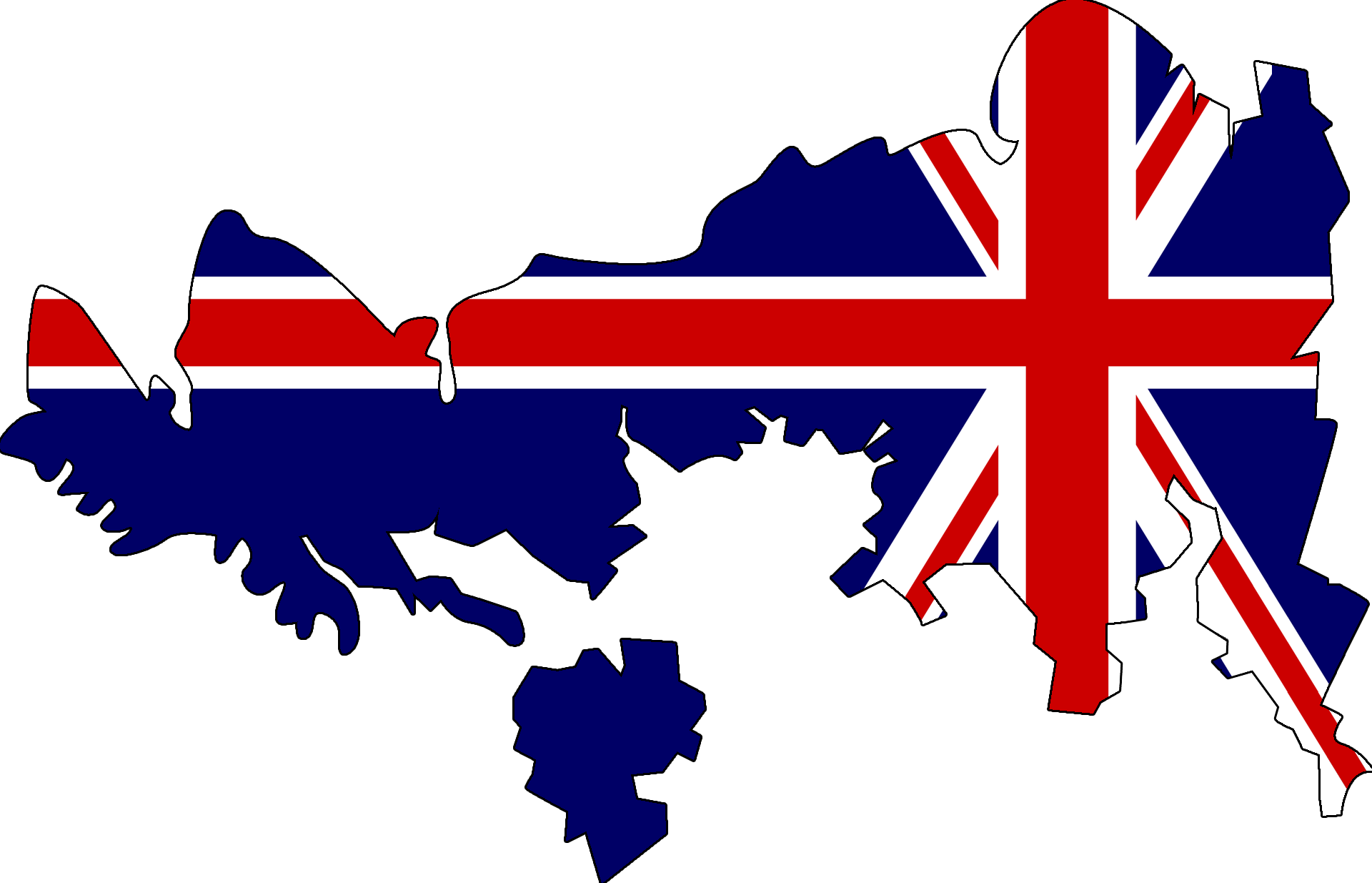Curious about how many UK Bank Holiday are scheduled in the UK for 2024? And how frequently will they occur throughout the year? We’re here to assist you in your planning by outlining all the bank holidays set for the upcoming year.
Use this convenient guide to organize your calendar for 2024. In this post, we’ll cover each bank holiday across England and Wales. If you have any quarries Contact us : Click Here
UK Bank Holiday in England and Wales 2025
| Date | Day of the week | Bank holiday |
| 1 January | Wednesday | New Year’s Day |
| 18 April | Friday | Good Friday |
| 21 April | Monday | Easter Monday |
| 5 May | Monday | Early May bank holiday |
| 26 May | Monday | Spring bank holiday |
| 25 August | Monday | Summer bank holiday |
| 25 December | Thursday | Christmas Day |
| 26 December | Friday | Boxing Day |
UK Bank Holiday in England and Wales 2026
| Date | Day of the week | Bank holiday |
| 1 January | Thursday | New Year’s Day |
| 3 April | Friday | Good Friday |
| 6 April | Monday | Easter Monday |
| 4 May | Monday | Early May bank holiday |
| 25 May | Monday | Spring bank holiday |
| 31 August | Monday | Summer bank holiday |
| 25 December | Friday | Christmas Day |
| 28 December | Monday | Boxing Day |
Is Summer UK Bank Holiday a Public Holiday?
Yes, it is an public holiday called the Summer Bank Holiday in the UK, although its date might be different depending on the region:
- It takes place on the last Monday of August, and in England, Wales, and Northern Ireland.
- Scotland: It’s on the first Monday in August.
Most businesses close, and workers get the day off. For most people, it’s a three-day weekend to enjoy the last days of summer before the weather turns.

UK Bank Holiday
One of these UK public holidays is the Summer UK Bank Holiday, which falls early in August and generally gives workers a day off; the day often marks the end of summer but allows people to take one final long weekend before autumn sets in.
What Do People Do?
The UK’s Summer Bank Holiday is a fantastic time for most people to unwind, enjoy outdoor activities, and have the last bit of summer before it gets cooler.
Among the common practices and ideas during this public holiday include.
1. Taking a Short Break
Many take the long weekend as an opportunity for a mini break. Given that this is one of the last major public holidays of the summer, many families traditionally take their holiday, in particular to seaside towns, resorts, or other tourist destinations.
The weather is also still warm, so people visit destinations such as Cornwall, Devon, the Lake District, or the coastal resorts.
2. Outdoor Festivals and Events
The Summer UK Bank Holiday is typically a massive occasion for outdoor festivals, and especially for music and arts festivals. There is usually plenty going on in cities and towns across the UK, including:
- Music festivals: Pop and rock music events, plus classical music festivals which include the Last Night of the Proms.
- Food festivals: Local produce, street food, and craft beverages are often featured, along with some other food and drink festivals.
- Arts and cultural events: Street performances in public spaces are feasible, that is, theatrical performances, open-air cinemas, street markets.
Examples of great events include the Noting Hill Carnival that is held annually in London, usually on the last Sunday of August and is a giant street festival to celebrate Caribbean culture with processions, music, and dancing.
To most people, this is the perfect time with friends and family; some other popularly undertaken activities during this occasion are as follows: - Barbecues and picnics: People make use of these warmer climates as a golden opportunity for holding outdoor barbecues in gardens or yard parties/picnics in local parks, garden, and on beaches.
- Family outings: Many families visit the zoo, amusement parks, or just take a day trip around local attractions.
- Sport and games: Some people like playing outdoor sports, such as football, cricket, or even just playing in the park with kids. It’s also a good time for to walk, hike, or cycle in nature.
5. Going for Sporting Events
Sporting events also constitute a large portion of the Summer Bank Holiday. These people enjoy attending or watching games, for example;
- Cricket matches: Many of them watch local or professional cricket matches, especially now that the sport is well enjoyed during the summers.
- Rugby: Other people attend rugby matches or participate in local rugby tournaments.
- Horse racing: In some communities, there are horse racing events, where most people have attended such sporting activities.
- Tennis or football: A few people attend to watch; play out locally organized amateur football matches or tennis matches; or even visit sports bars to watch national or international games.
6. Shopping and Local Markets
With so many people out of work, some take the day off to go shopping. Many towns and cities have sales or pop-up markets during the bank holiday weekend. Local farmers’ markets, craft fairs, and antique markets are good places where people can look around for things or pick up something special.
7. Nature Break
As a day when people can enjoy nature, in case they wish for a more laid-back holiday, the Summer Bank Holiday is an excellent opportunity. Lots of people visit national parks, botanical gardens, or take a casual stroll through local parks. If it is London, then people visit Hyde Park, Regent’s Park, or Hampstead Heath for a laid-back day outside.
8. Public Holiday and Quiet Time
Not everybody needs to be on the road. Some people consider a holiday an opportunity to recharge and retreat back home, catch up on personal work, or simply have some quiet time away from work and all responsibilities. For most, this holiday provides much-needed leeway to unwind and recharge.
9. Cultural or Heritage Days
Some towns and cities have ‘cultural or heritage events’. This is likely to be a reenactment of historical scenes or perhaps a guided walk/exhibition but is mainly a celebration of a region’s history or community, often through traditional music, dancing, or crafts.
Some towns may feature it even more or have lots of events known for their heritage.
10. Outdoor Cinema or Theatre
Apart from experiencing screenings of outdoor cinema or open-air theatre, the Summer Bank Holiday is all about some fun outdoors at outdoor cinemas or open-air theatres.
Some parks or open spaces host cinema or live theatre shows, and this is often paired with food stalls and social events. Because events are casual, it is perfect to spend time with friends or family.
11. Gardening and DIY Projects
For others, it might be a perfect time to catch up with garden work: planting or general landscaping work in the backyard. Others use this moment to do other house-based do-it-yourself projects and get some extra day off to upgrade their homes.
12. Religious or Spiritual Observances
Although the Summer UK Bank Holiday is not closely related to any religious function, some may seize this opportunity to be introspective, worship in churches, or indulge in any spiritual or meditating practices.
13. Preparation for School Year Ahead
It is, therefore, a very important holiday for families with children because it marks the beginning of preparing for the new school term, especially if parents want to buy school supplies and organize uniforms or school equipment before getting the kids back to school in September.
Is Christmas Day a Public Holiday?
Christmas Day is indeed a public holiday in the United Kingdom, and one of the most widely celebrated holidays for sure.
It typically falls on December 25th, and a general public holiday applies throughout the UK, which consists of England, Wales, Scotland, and Northern Ireland.
Christmas Day
While Christmas Day itself is the major public holiday, the following day after it, called Boxing Day is also a public holiday; though mostly only commercially observed in the form of more sales and sporting events.
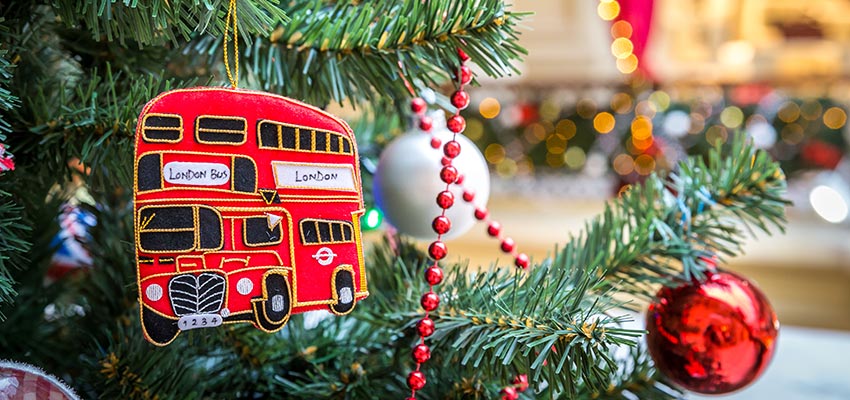
What Happens on Christmas Day?
Christmas Day is definitely one of the days when all businesses and services are usually closed and most people get the day off, unless working in healthcare, hospitality or retail industries.
Some industries and sectors still require staff to work on this day. What happens on Christmas Day?
It is also the time of family and social gatherings wherein lots of people spend their day celebrating with their loved ones. Lots of families assemble for festive meals, exchange gifts, and devote much of their time together.
Christmas Feasting: In Christmas Day, a staple or usual feast on the plate is a roast dinner, typically turkey, roast potatoes, vegetables, and Christmas pudding as dessert.
Gift Giving: Presents are an integral part of Christmas Day celebrations. People usually exchange their gifts in the morning after the opening of stockings.
Religious Observance: For most people, it is a religious holiday since it marks Jesus Christ’s birth day. Christians usually visit church for particular prayers and hymns in churches on Christmas Eve or Christmas Day.
Festive Traditions: There are a host of cultural traditions that take place on Christmas Day, such as the tradition for many to watch the Queen’s Speech.
Now the King’s Speech, since the death of Queen Elizabeth II, in addition to Christmas-specific TV shows, movies, and music.
Public Services and Transport: On Christmas Day, most public transports are either fewer or not available since most of the people tend to stay indoors or holiday with their family.
Is Boxing Day a Public Holiday?
Boxing Day is a public holiday in the United Kingdom. It is commonly celebrated all throughout England, Wales, Scotland, and Northern Ireland.
For the date of this event falls on December 26th, just one day after Christmas Day.

What is Boxing Day?
Boxing Day traditionally was meant to be a time for gifts and giving among the underprivileged and rendering service.
It also has very deep roots in British customs.
How is Boxing Day Observed?
Although its historical tie to charity has certainly waned in modern culture. Boxing Day remains an important holiday in the UK, and people tend to mark it in many different ways.
Shopping and Sales: Boxing Day is the largest shopping day since most retailers have post-Christmas sales with deep discounts. Everyone rushes to shopping centers, department stores, and online stores to grab the sale. That makes it one of the busiest shopping days of the year.
Sports: Boxing Day also forms a big sporting event day in the UK. Most football clubs have matches played on Boxing Day. Also some rugby, cricket, and horse racing. Traditional Christmas fixtures are something that football fans also eagerly anticipate.
Family Time and Leftovers: Christmas Day is somewhat similar to Boxing Day when it comes to family gatherings and casual celebrations. They often spend the day visiting their parents and relatives or just staying at home to enjoy leftover food items.
Outdoor Events: Many other people take Boxing Day as the ideal day for outdoor activities while venturing out for walks. Engaging in traditional boxing day hunts, or getting themselves enrolled for some charity fun run or swimming event.
Charity and Volunteering: Boxing Day still retains some connection to charitable giving, though much less common nowadays. Most people continue volunteering or donating to charities; a few may even become involved with charity raising events.
Public Services and Transport: Most businesses are shut down on Boxing Day, although some essential services do function. The public transport would be mainly restricted on Boxing Day since it falls on a public holiday. Some of the shops might also close earlier, though larger retail chains that come under city centers are likely to be open for the sales.
Is New Year Day a Public Holiday?
Yes, New Year’s Day is a public holiday in the United Kingdom, and it is widely celebrated across England, Wales, Scotland, and Northern Ireland.
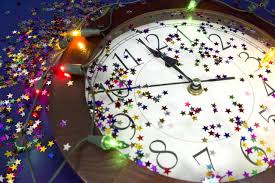
Key Aspects of New Year’s Day as a Public Holiday:
New Year’s Day in the UK:
- Date: It falls on January 1st each year.
- Celebration: New Year’s Day marks the first day of the new calendar year. It follows the evening of New Year’s Eve, where people often celebrate with parties, fireworks, and special events to ring in the new year.
Public Holiday Status
New Year’s Day is a statutory public holiday in the United Kingdom. In consequence, most employees are statutorily obliged to observe this day off with pay.
If New Year’s Day itself was on either a Saturday or a Sunday, the following Monday would usually be considered to be the exchange holiday under the old calendar in the UK.
In Scotland, January 2nd is a substitute public holiday for New Year’s Day or supplement it, depending on the local authority.
What actually happens on New Year’s Day?
Family and social get-togethers: New Year’s Day is relatively more quiet and subdued, mostly a day off from the craziness of New Year’s Eve. Most people spend it recovering from last night’s frolics, usually with a family gathering, or perhaps a quiet day in one’s home. Traditional dishes might include a special brunch or even the legendary New Year’s Day roast.
Parades and Events: In the UK, one of the very famous events held on the first day of New Year is the London New Year’s Day Parade. It includes music, dancers, floats, and other entertainers. It is a colorful, lively celebration held in the very heart of London. There can also be local parades, festivals, and performances in various cities and towns.
Sporting Events: New Year’s Day is a Sports Extravaganza Day in the UK because it happens to fall on football matches. Most people will be watching games or attending them. Also, rugby and horse racing are on this date.
Public Services and Transport
Most shops are closed or operating at minimum levels on New Year’s Day. Public transport is severely restricted too, although services on trains and buses continue in the major cities, especially in London.
Scotland’s Exception
Scotland takes New Year’s Day very seriously, and it is sometimes marked even more elaborately than in the rest of the UK. The Scots have a rich tradition of celebrating Hogmanay, the evening of 31st December. In Scotland, January 2nd is also a public holiday, at least in the regions of the country, and so there may be an extended holiday.
Is Spring UK Bank Holiday a Public Holiday?
Yes, Spring Bank Holiday is a statutory holiday in the United Kingdom. It falls on the last Monday of May each year. It is a public holiday throughout England, Wales, and Northern Ireland, but Scotland marks another public holiday within May – Early May Bank Holiday or May Day.
What is the Spring Bank Holiday?
Then, it is taken as a celebration of warmer months and chances for outdoor pastime before summer fully sets in. This is the time when most people spend time with their family and maybe take on short trips. Participate in events that take place outdoor. As it marks the weather shift, they say the more settled weather has begun.
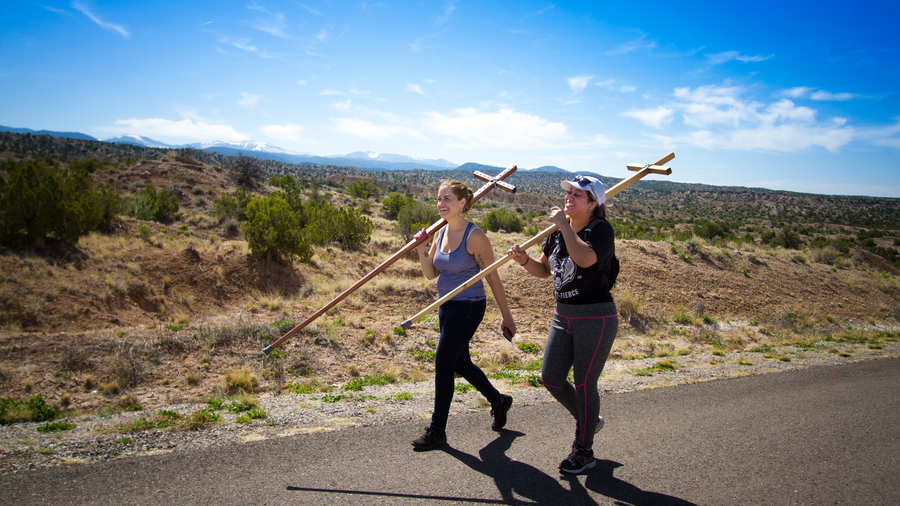
History
The Spring Bank Holiday was created under the Bank Holidays Act in 1871. It was initially observed on Whitsun (Pentecost) Monday, which in a year when Whitsun is observed in May or the first days of June, was a good enough reason to have a break. But in 1965, the holiday was finally set on the last Monday of May.
This holiday was really brought into life as a day off to all workers, specifically those workers in industrial regions, who then could have a time to get some breathing during the spring period.
Activities and Observance
Outdoor Activities
The Spring Bank Holiday is often an ideal time for picnics, barbecues, or family outings in parks or gardens or even in the countryside. Long weekends are spent at short breaks in places like coastal resorts, countryside areas, or places of tourist interest.
Festivals and events in the town and cities
There are several towns that host spring bank holiday with food festivals, live performances of music, and local fairs. It has always been an excellent time for different community-based celebrations.
Sporting Events
The holiday coincides with a sporting calendar full of events, such as local football matches and rugby games, as well as outdoor sports competitions. Sports outdoor games make up most of the Spring Bank Holiday weekend.
Those want to have an extra day off can also spend it by making time to focus on gardening projects or other works at home, thereby making good use of the long weekend to enhance their living spaces or appreciate their outdoor places.
Public Services and Transport
Despite being a public holiday, a spring bank holiday means that services such as health and emergency services and transport are still to be found although likely to be smaller scale than usual. For most services in public transport such as trains and buses, they will operate with a timetable for a bank holiday which can often be fewer in number than at other times.
While some businesses and service providers, especially in retail, are open, many offices and schools close.
In Scotland
The Spring Bank Holiday is not, in fact, marked in Scotland, but Scotland does mark the Early May Bank Holiday on the first Monday of May-that is, a week before the Spring Bank Holiday. Similar coverage at least of part of the same period is achieved by other local holidays also elsewhere in Scotland.
Is Early May UK Bank Holiday a Public Holiday?
Yes, Early May Bank Holiday is definitely one of the public holidays in the United Kingdom. It falls on the first Monday in the month of May across the countries that include England, Wales, Northern Ireland, and Scotland. Although it is one of the statutory public holidays, the celebrations might be executed a little differently in the respective regions.
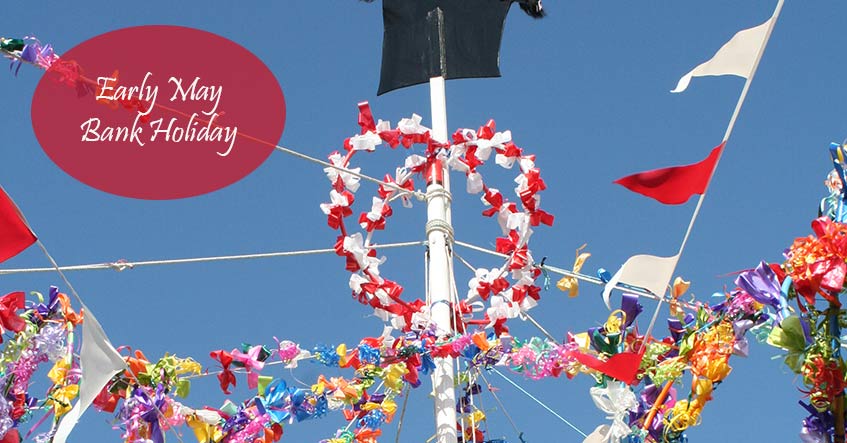
This holiday marks the beginning of the month of May, which is traditionally a time for celebrating spring, nature, and labor movements.
The Early May Bank Holiday always falls on the first Monday in May.
What do people do on the Early May Bank Holiday?
People spend time on the Early May Bank Holiday resting and a day of family gatherings, also accompanied by other outdoor games. Among some common pastimes associated with this day includes:
Outdoor Activities
It is a holiday also called spring break in many cultures, during which time people prefer to take outdoors and enjoy the spring weather while being most active in possible outdoor activities such as walking or cycling. It’s also a great time for gardening. Many take a day for tending to their gardens and some for those DIY projects.
Festivals and Events
Most towns and cities will have festivals, fairs, and street markets during the Early May Bank Holiday. These include May Day celebrations that traditionally host many events like Maypole dancing and Morris dancing, all of which is complemented by music, arts, and food stalls.
Sports
The Early May Bank Holiday typically occurs at a period of various sportive activities like football match, rugby game or charity runs/walks. Community local sports especially a match for football or cricket are held.
Community Celebrations
In some parts of the UK especially in rural communities, the holiday could coincide with the traditional village fetes, processions or flower shows to congratulate the start of spring.
Retail and Shopping
With several businesses and shops shutting down, there will be various sales or discount promotions running at most retail and shopping centers for the fact that holidays offer people the opportunity to take time off and go shopping.
Public Services and Business
- The Early May Bank Holiday is a bank holiday that means most offices, schools, and businesses close. However, doctors’ surgeries and hospitals, as well as the emergency services, are open but on reduced rosters.
- The local services and public transport may also observe a limited schedule so do check prior to traveling.
Regional Differences
- Generally, this is much more significant in Scotland, as it is better connected to May Day as celebrated over the years within the framework of ancient folk traditions in Scotland. In England, Wales, and Northern Ireland, however, the day is more an occasion for family activities, sports, and recreation.
Cultural and Political Significance
- Labour Day: In other countries, May Day or the first day of May is an International Workers’ Day. It is observed to commemorate labor movement victory and to demand rights for a worker. Although the public holiday in the UK is scheduled to coincide with the first Monday of May, the day remains significant in history for political action groups advocating workers’ rights, trade unions, and social cause activists.
- Traditional Celebrations: The Early May Bank Holiday is also related to older pre-Christian traditions. May 1st has thus been marked by the celebration of Beltane, one of the ancient festivals that marked the beginning of summer in Celtic traditions. Even to this day, May Day celebrations include dances, bonfires, and so on as people welcome the season.
Is Easter Monday a Public Holiday?
Yes, Easter Monday is a public holiday in the United Kingdom, but it is not a statutory holiday in all parts of the UK.

Easter Monday always falls on the Monday after Easter Sunday, which can fall on any date between March 22nd and April 25th each year.
Where is Easter Monday a Public Holiday?
- Easter Monday is a public holiday in England, Wales, and Northern Ireland.
- Easter Monday is not an official public holiday in Scotland. The Friday before Easter Sunday, otherwise known as Good Friday, is a public holiday in Scotland, but Easter Monday is not in Scotland
What occurs on Easter Monday
- Relaxation and family time: In general, Easter Monday is far more laid back than the entire Easter long weekend. Most of this day is spent with family or friends, or even continues Easter celebrations for some, possibly around lunch or outdoors.
- Outdoor Activities: Since the Easter Monday occurs each year coinciding with spring, a perfect backdrop for outdoor activities like hiking, picnicking, visiting local parks and gardens is suitable. Many people also take a short holiday or mini-vacation over the weekend on this day.
- Community Activities: Most city and town boards hold community activities, which may include Easter egg hunts, spring fairs, and festivals in the locality. Some cities or towns organize sporting activities such as football, charity runs, or other sporting events on Easter Monday.
- Promotions and Sales: Some cities or towns hold shopping on Easter Monday while selling products at discounted prices or engaging in some Easter sales or promotions.
Public Services and Business
- Businesses: Majority of offices, schools, and public service shut down their operations on Easter Monday, only health care, emergency services, and some transport services are open. Transport for public use is utilized at a less frequent rate and less services available.
- Shopping and Retail: Many retail stores would likely stay open and especially in the ones that are more touristy areas; however small business or those located within residential neighborhoods close their doors for the day.
Cultural and Religious Importance
- Easter: Easter Monday is being observed as a follow-up to the Christian Easter that commemorates Jesus Christ resurrection. Many people attend church services on Easter Sunday and further religious service or activities are held on Easter Monday.
- Traditions: Some regions hold Easter Monday as a traditional holiday. It is used to mark some cultural traditions like running with decorated eggs on Easter Monday or even some family event. Easter egg hunt is one of those activities popular with children, while in some places, there is a local version or parade.
Is Good Friday a UK Bank Holiday?
Yes, Good Friday is a public holiday in the United Kingdom. It is observed as a statutory holiday across England, Wales, Northern Ireland, and Scotland. Good Friday is part of the Christian tradition, commemorating the crucifixion of Jesus Christ, and it always falls on the Friday before Easter Sunday.
In 2025, Good Friday will be on April 18th.
Good Friday is observed on the Friday before Easter Sunday, so its date varies each year depending on when Easter falls. The date of Easter changes each year as it is based on the first Sunday after the first full moon following the vernal equinox.
For example:
In 2024, Good Friday will be on March 29th.

How Much of England and Wales Celebrate Good Friday?
Good Friday is a public holiday throughout England, Wales, Northern Ireland, and Scotland.
It’s a statutory holiday, and most workers will be off; however, some workers in certain industries, like health care, hospitality, or retail, might have to work.
What happens on Good Friday?
- Religious Significance: Good Friday is a very religious day for Christians, since it marks the crucifixion of Jesus Christ and death at Calvary. Many attend church services on the day, while some participate in religious rituals, such as Good Friday processions, or other special prayers.
- Traditional: Some Christians commemorate Good Friday by fasting or by abstaining from certain foods or activities as a kind of penance. The day is generally somber in reflection and in mourning.
- Public Rituals: In some towns and cities, processions or Passion plays are carried out where people enact different scenes of the Passion story as part of the crucifixion drama. There are many walks on Good Friday referred to as the Walk of Witness.4. Practices on Good Friday:
- Rest and Recreation: For the majority of the population, Good Friday is a day of rest, usually spent by families. It is a public holiday, and thus most businesses are normally closed, and most children and youth out of school for that period.
- Outdoor Games: Because Good Friday falls within the spring season, everyone enjoys the long weekend to venture out in outdoor activities like family picnics, gardens, or walks.
- Shopping: Some stores will be open, especially in urban areas, though many merchants will shut or scale back their operations for the holiday. It is less tied to sales than some other holidays, though some retailers may have Easter-specific promotions.
Public Services and Business
- Offices and Schools: Many offices and schools are shut on Good Friday. Health, emergency services, and public transportations are usually available but on a significantly reduced schedule.
- Retail: Large retailers, supermarkets, or shopping centers are usually open but most operate on reduced hours. Small businesses or shops may be closed or cut down their trading.
Cultural and National Significance
- Good Friday for the Christian Traditions: Good Friday is one of the most central events in the liturgical calendar in the mainstream view of Christian Traditions. It symbolizes the suffering and death of Jesus. Many people will then carry out acts of worship and participate in church services on that day.
- Cultural Practices: Over time, more secular practices have become associated with Easter and Good Friday. Among such customs are Good Friday fish dinners in certain regions of the UK, for example, whereby people consume fish instead of meat, adhering to the Christian tradition to refrain from meat on that day.
